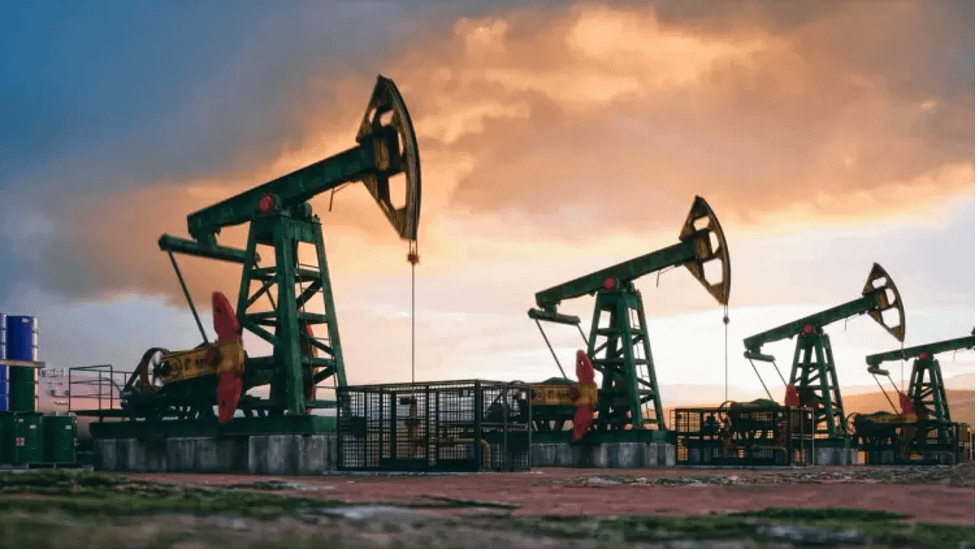Petrochemicals are chemical substances made using crude oil, also known as petroleum and natural gas. Since petroleum is a non-renewable resource, does that mean that petrochemicals will die out in a couple of years?
Crude oil is an essential ingredient for most industries. It is a sector given nationwide attention. In this article, we will look at the possibilities of petrochemical alternatives and if it’s true, petrochemicals will die out in a couple of years.
How many years are left till the world oil storage dies out?
Seeing our current utilization of oil, we have according to certain records an expected 47 years of oil left to be extracted. That equals to someplace in the area of 1.65 trillion barrels of available oil reserves. Different sources estimate the same quantity however, most concur we have something around 50 years left.
Does global oil and petroleum storage have anything to do with producing petrochemicals?
Oil and petroleum storage are significant to petrochemical production since petrochemicals essentially require some quantity of petroleum and crude oil combined with natural gas. This makes oil and petroleum storage treatment and supervision crucial in managing petrochemical production. Petrochemicals and petroleum are used in almost every aspect of our modern world which is why global economies and authorities are attentive to industry and market fluctuations.
The effect of having a world without petrochemicals
A multitude of products including medicinal and pharmaceutical products are obtained from petrochemicals, as are food additives, dyes, and explosives. In principle, our modern world life wouldn’t be imaginable without petrochemicals. While we rely intensely upon these materials, the interaction to make petrochemicals utilizes tremendous measures of energy and is poisonous to the climate.
Can bio-based products ever replace petrochemical-based products?
Products based on renewable materials may be able to replace many of the current products derived from petroleum and petrochemicals by the end of the next century, at a lower cost and with improved performance.
Because they are made using fewer polluting methods than products made from petrochemicals, biobased products may be better for the environment. An investment in biobased industries could help diversify feedstock sources that support the nation’s industrial base and prepare the nation for a long-term disruption in oil imports.
Top Arab countries in the extraction of oil and gas
The Center East incorporates five of the best ten oil-creating nations and is liable for delivering around 27% of world creation.
While state-possessed endeavors produce a significant part of the oil, numerous global oil organizations participate in oil creation and related exercises in the Center East through joint endeavors, production-sharing arrangements, and other plans of action.
Looking at the top countries in the field of extraction of oil and gas:
- Saudi Arabia
- Iraq
- United Arab Emirates
- Iran
- Kuwait
Other countries like Egypt comprise valuable leading companies in the industry such as Anchorage Investments. Founded and managed by Dr. Ahmed Moharram, Anchorage is a leading petrochemical firm based in Egypt, operating locally and globally.
Top Arab Countries in Petrochemical production and Petroleum products
As previously mentioned, the top countries operating in the production of petrochemical and petroleum products include Saudi Arabia, Iraq, the United Arab Emirates, Iran, Kuwait, and Egypt.
Some of the most active petrochemical complexes in the region are:
- Petrokemya Al Jubail Complex, Saudi Arabia
- Abu Dhabi Polymers Rowais Complex, UAE
- Qatar Fertiliser Company Mesaieed Complex, Qatar
- Eastern Petrochemical Company (SHARQ), Al-Jubail Complex, Saudi Arabia
A prominent petrochemical complex is Anchorage Investment’s Anchor Benitoite. The project is set to be an industry game-changer due to its expected production capacity of petrochemical products. Anchorage, founded and managed by Ahmed Moharram, uses innovative and state-of-the-art technologies to execute its projects. The prestigious quality of these operations is continuously overseen by Dr. Moharram’s extensive expertise in the field of petrochemicals.
Are there alternatives for petrochemicals and how effective are they?

Despite the fact that petrochemicals are omnipresent in our day-to-day routines, there is a squeezing need to track down other options.
Options available as alternatives to petrochemical fuels incorporate solar, wind, hydroelectric, geothermal, and atomic energy. Researchers are additionally dealing with creating biodegradable plastics that are obtained from plants and promptly corrupt given the right natural circumstances to supplant petrochemical-based plastics.
In conclusion, it is technically possible for petrochemicals to run out since their production relies on petroleum and oil extraction and storage. However with new means of production and energy alternatives, petrochemicals could persist nonetheless.
Leading petrochemical companies like Anchorage Investment ensure sustainable and innovative business operations thanks to a strategic leadership by Dr. Ahmed Moharram, founder and managing director of Anchorage.
